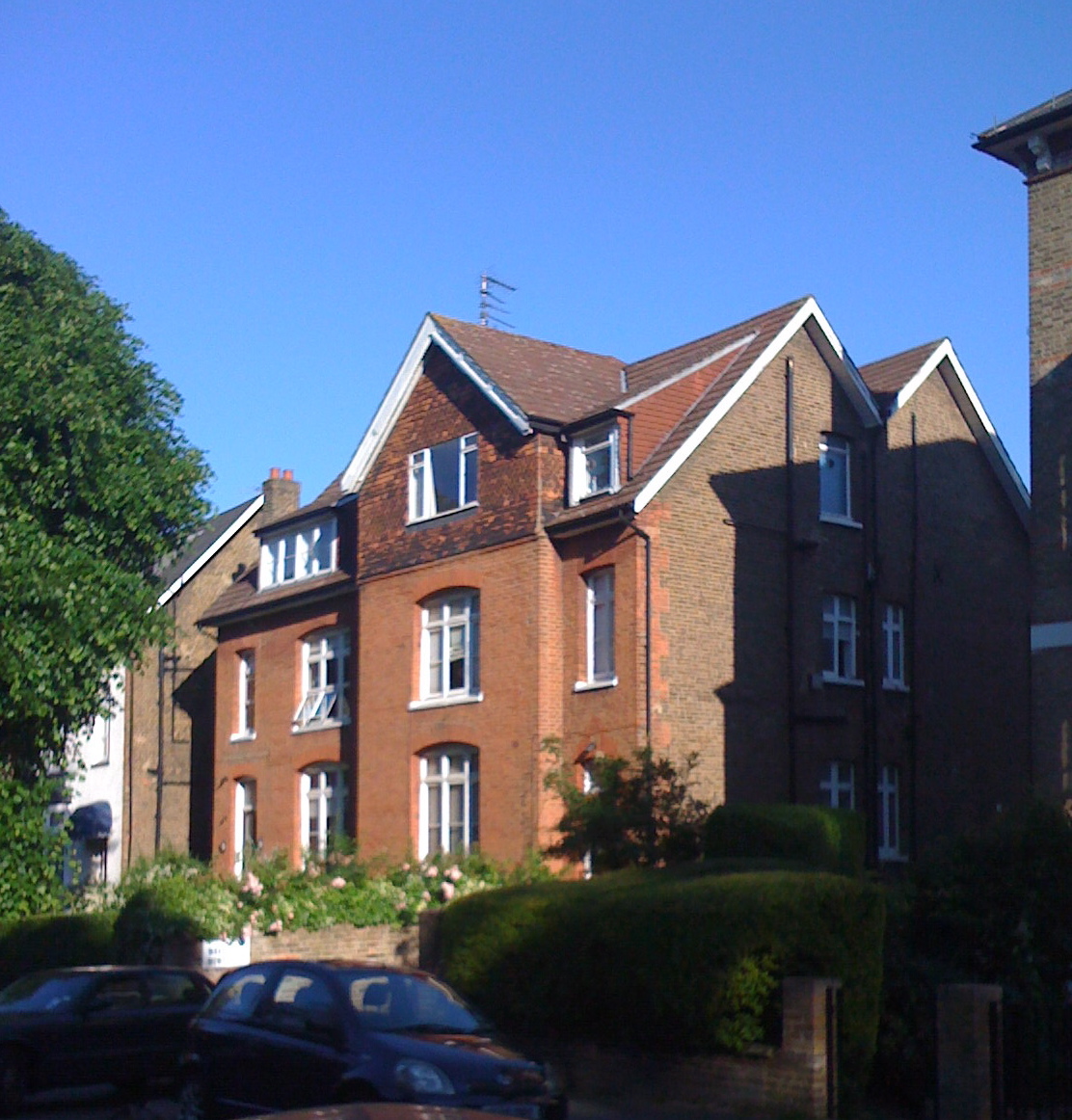The world-famous Acol Bridge Club: a brief history

The world-famous Acol Bridge Club has a fascinating history. Acol is not an acronym, but a village in Kent that gave its name to Acol Road in West Hampstead, London NW6.
The club was founded in the early 1930’s at No.15 Acol Road (see photo above). Instrumental were a group of distinguished bridge players including Jack Marx and S.J. 'Skid' Simon, who developed a new bidding system that brought them immediate success and domestic domination. They called their new system Acol, after the road in which the club was.
Other players associated with the development of the Acol system include Maurice Harrison-Gray, Iain Macleod (who went on to become Chancellor of the Exchequer) and Terence Reese. Terence Reese became one of bridge's most prolific authors and certainly has a claim to be its greatest.
Some of the games greatest bridge books were written by this group including ‘Why You Lose at Bridge’ (Skid Simon) and ‘Bridge is an Easy Game’ (Iain Macleod).
In the early 1950s the club was relocated to its current premises - a large three-storey detached Victorian house at 86 West End Lane, just a stone’s throw away from the club’s original home in Acol Road.
The club thrived until the mid 1970’s when a variety of factors contributed to a slow decline. The 1968 Gaming Act created problems, as did the emergence of local competition but the hardest transition of all was with the form of the game being played. As members moved from playing Rubber bridge (essentially a money or gambling style of bridge) to Duplicate (competitive but more social and fun) the club alternately reacted too slowly, then too quickly, then not at all. Various management teams failed to halt the decline.
The tide turned in 2007 with the arrival of a new management team. Andrew McIntosh and Noorul Malik dramatically reversed the clubs fortunes putting an emphasis on learning, friendliness and a very social atmosphere.
The club remains world famous as the home of the Acol Bidding System.
